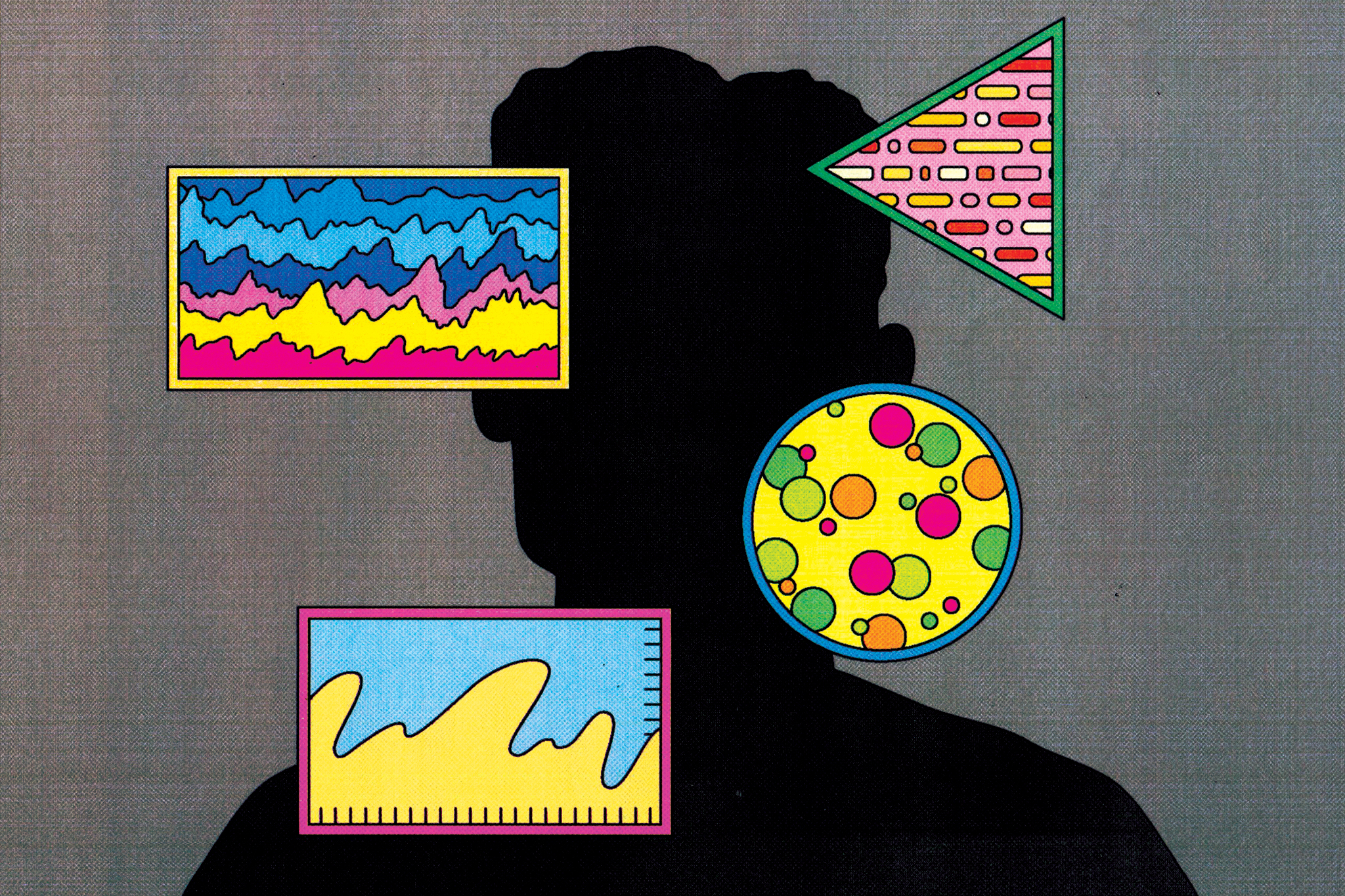5 Surprisingly Hopeful Things We Learned About Alzheimer’s This Year
Breakthrough Blood Tests Revolutionize Diagnosis
The development of blood tests that accurately predict Alzheimer’s is poised to change how we approach this condition. With advancements in biomarkers, scientists have made it easier to diagnose Alzheimer's in its early stages, potentially improving outcomes by enabling earlier intervention. Early diagnosis is crucial as it can allow for targeted treatments that slow disease progression, thus preserving quality of life longer.
The Unexpected Influence of Lithium
Lithium, a medication traditionally used for bipolar disorder, might play a protective role against Alzheimer's. Research indicates that lithium may reduce tau phosphorylation—a process that contributes to neuron death in Alzheimer's patients. This unexpected insight offers a new perspective on managing the neurodegenerative aspects of the disease. Exploring this further could expand treatment options for those at risk.
“The Alzheimer's research landscape has shifted from despair to hope with these groundbreaking insights,” says Dr. Ana Sandu, a leading neurologist in cognitive disorders.
For further information on medication advancements, you can explore the book on lithium treatment and response.
Genetic Profiling Offers New Insights
Genomic studies have revealed new genes linked to Alzheimer’s, offering insight into the disease's hereditary components. Researchers have identified a network of genes that contribute to Alzheimer's, which opens up possibilities for genetic therapies tailored specifically to these markers. Understanding the genetic underpinnings further assists in creating personalized medicine approaches, potentially reshaping the landscape of treatment.

Innovative Therapeutic Techniques
Exciting developments have been made in therapeutic interventions for Alzheimer's patients. Non-pharmacological approaches, such as cognitive-behavioral therapy and lifestyle changes, are demonstrating potential benefits in mitigating symptoms and enhancing life quality. These techniques, often applied in conjunction with medication, represent a holistic approach to managing Alzheimer's and opening doors to diverse treatment modalities.
- Cognitive stimulation exercises
- Diet and nutrition plans
- Physical activity regimens
Community and Caregiver Support Systems Strengthened
The importance of community and caregiver support in managing Alzheimer's cannot be overstated. New initiatives focused on support networks provide caregivers with essential resources and training to handle daily challenges. This alleviates stress on family units and ensures patients receive consistent, compassionate care. Connecting with groups through social media platforms like Facebook’s Alzheimer’s Association page offers support and shared experiences.
In conclusion, these findings emphasize the significance of ongoing research and innovation in the fight against Alzheimer’s. As we continue to understand and develop new strategies, these hopeful advancements ensure brighter futures for those affected by this challenging disease. For further exploration on action steps and personal coping strategies with Alzheimer’s, consider reading articles from prominent researchers and checking out online forums dedicated to sharing real-life stories and solutions.
